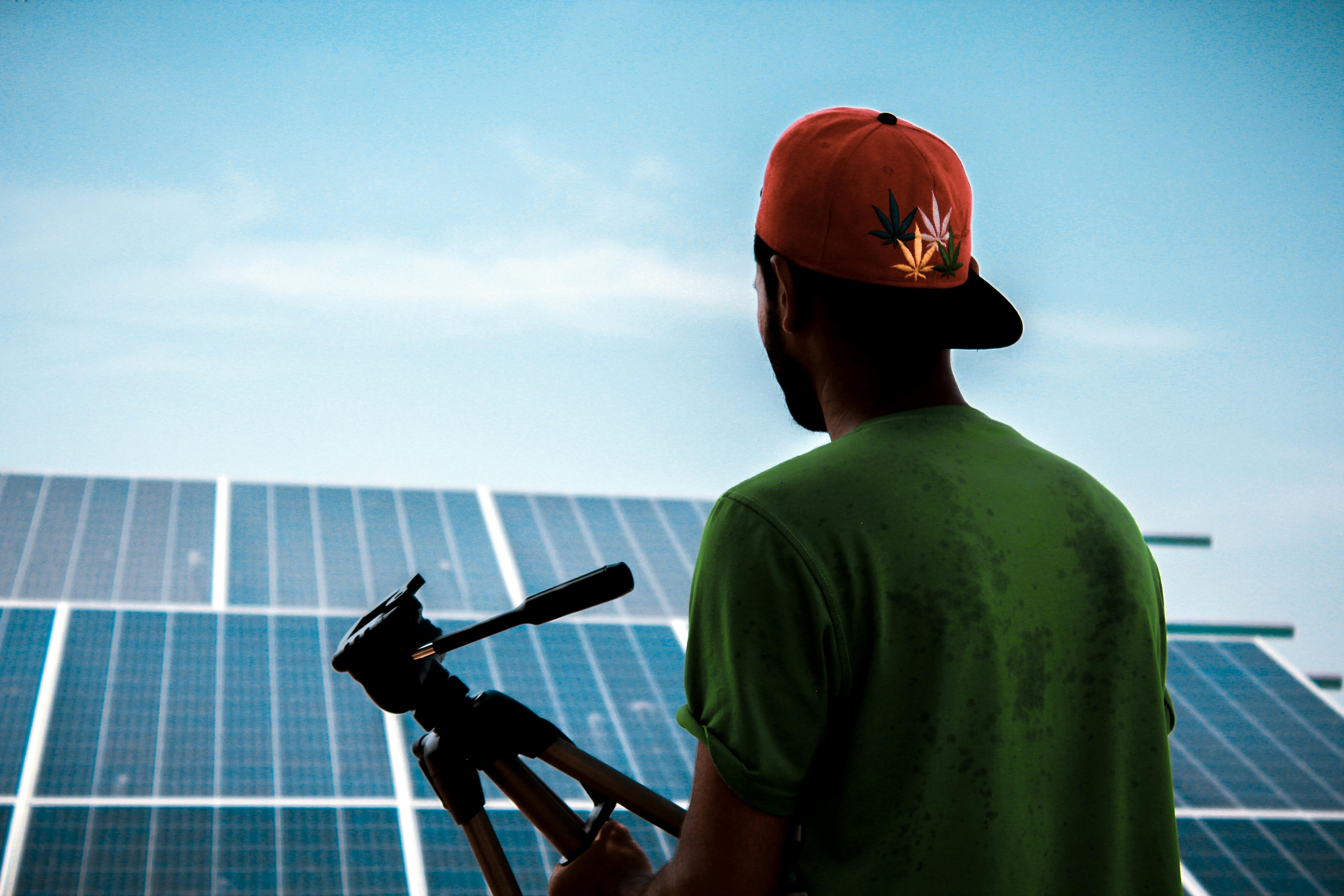With nations setting goals of net-zero emission by 2050 to 2060, the demand for renewable energy continues to skyrocket. InfoLink expects the energy transition trend to drive global PV demand to upwards of 230 GW in 2022. China, an integral player in the heightened demand, has released multiple supportive policies since 2021, alongside its energy transition-driven global competitors like the US and Europe.
A major component in solar module production, polysilicon, has been seeing some supply crisis lately though. With multifarious challenges directed towards the global polysilicon supply, this could mean bad news for the solar industry. How does this affect solar installation hard costs? Could this imply increased interest in wind turbine installations? Let’s dissect.
Polysilicon and Solar Hard costs - How are They Related?
Solar hard costs refer to the cost of panels, switches, inverters, wiring, support racks, energy storage systems (batteries), land, and such, whereas soft costs include the costs accompanying permissions, planning, insurance, customer acquisition, installation labour charges, and interconnection fees.
The basic concept of supply and demand applies to this market as well. Given that there had been virtually zero strain on polysilicon production throughout the last decade, solar hard costs had been on a steady decline. However, the recent supply crisis has led to a break in that trend causing prices to soar.
The Trend of Solar Hard Costs Amidst Booming Adoption
Solar module costs despite increasing adoption have been on the decline over the last decade. To put the trend in perspective, solar panel costs had dropped by 89% since 2010 until right before the covid-induced supply crisis factored in. Other factors including crackdowns in major polysilicon manufacturing Chinese provinces have a role as well. Bottomline is, solar hard costs have started to rise as against their decade long downtrend.

Courtesy of Homeguide.com
Another notable reason the polysilicon market experiences “extreme supply shortage” could be a reputable manufacturer in Xinjiang and many other miscellaneous producers outside the region, unexpectedly shutting for repairs and routine maintenance.
Polysilicon Supply and Demand Dynamics for 2022
The rise in polysilicon costs started with 2021’s surge in demand for solar power from both governments and corporations worldwide. China installed a record amount (54.88 gigawatts) of solar capacity in 2021, and the figures are expected to be doubled this year, with a targeted installation of 108 gigawatts of solar power. Leading Chinese polysilicon maker, Xinte Energy predicts a near 5-year shortage if demand keeps soaring.
COMPARE PRICES FROM LOCAL INSTALLERS
Compare prices from local companies fast & free
Enter your postcode to compare quotes from leading professionals. We promise to keep your information Safe & Secure. Privacy Policy
In 2021, the demand for polysilicon exceeded supply by 50 gigawatts, and the chasm is touted to be even deeper in 2022. Here’s some good news though - polysilicon supply is expected to start growing back up from 2023, potentially easing the crisis in the 2nd quarter, but going by the burgeoning demand, 2022’s supply-demand balance might not see the light of day.
Polysilicon Production Challenges Faced By Xinjiang Province
A controversial topic outside China, silicon production has been under tremendous scrutiny among global leaders, especially the United States. There is a bone of contention regarding whether forced labour is employed in the solar value chain to compensate for the growing solar demand. The US House of Representatives drafted the Uyghur Forced Labour Prevention Act in December, proposing to ban all imports from Xinjiang unless there is evidence against the use of forced labour in the manufacturing process.
Scheduled factory repair and maintenance processes, as discussed before, continue to halt the production of polysilicon, while the demand for solar modules keeps skyrocketing, inviting increased hard costs in its path.
Final Thoughts | Prospects for Other Renewables Look Bright!
Here’s what it looks like- there is a year-long waiting time at the very least for polysilicon supply to start compensating for the heightened demand for solar panels and other polysilicon-centric items. What does this mean for growing energy demand?
Could this be a trigger to increased domestic wind turbine installations? Residential vertical wind turbines have recently started gaining some traction as an alternative to solar panels. Home wind turbine installations have been on a steady incline. Growing solar installation costs could further encourage businesses and households to diversify their sustainable energy infrastructure.
By Maria on behalf of Helius energy










